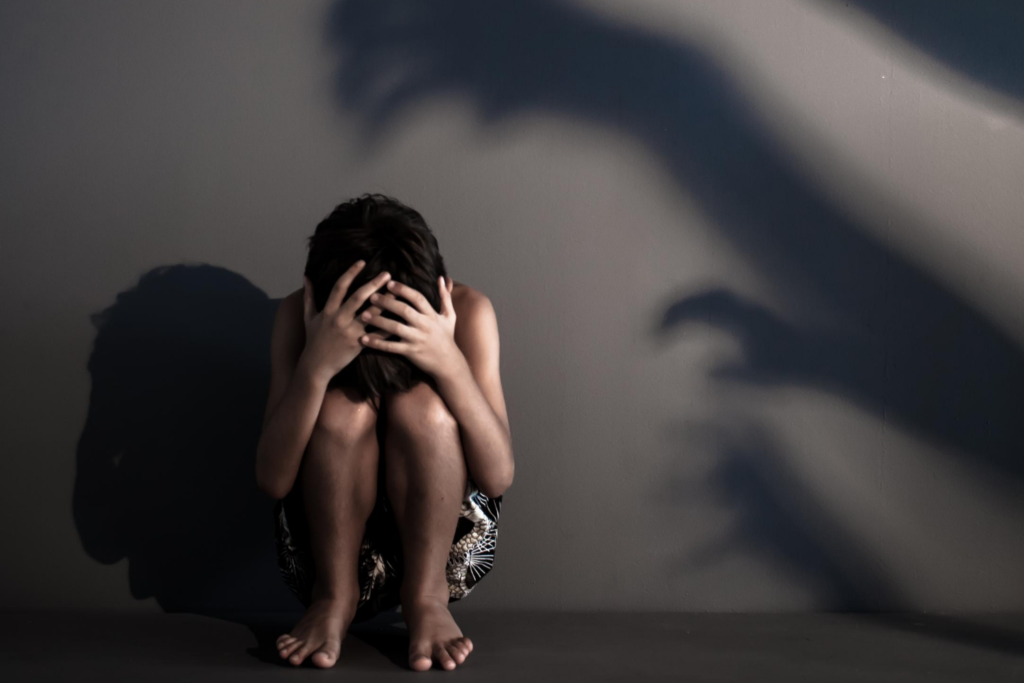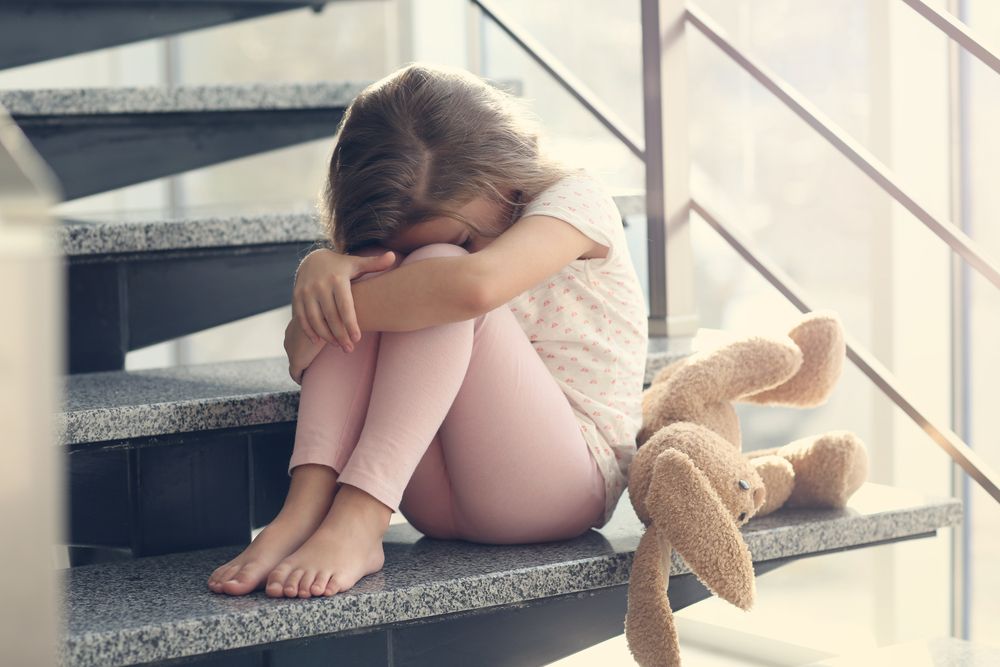
The Scarecrow and the Scarecrow
How do children feel fear? Are they in the same situation as us adults? Probably not. We feel fear, but we are already resistant to it. But what about our little souls? What about them? Most of the time, children are afraid of the doctor\’s injection. And who hasn\’t been afraid of us? Even knowing that the nurse will give us a syringe makes us a little queasy. Same with children, but sometimes it\’s worse. Then again, so are insects. The scarecrow of childhood in the closet is the most common, along with the darkness of the whereabouts of the unknown. Sometimes it passes quickly, but what if it doesn\’t? For some children this fear persists. Is there anything we can do to allay the fears of little children?

Definitely don\’t just wave your hand. Try to understand the child\’s fears. If the fear is great and still persists, it is probably interfering with the child\’s normal functioning. When a child is truly scared and phobic, strong feelings of danger and fear are created. Children are afraid of anything we can think of. For them, it is something unfamiliar. And what if the fear has developed from a traumatic experience? How should we react? The fear may escalate. Talk calmly with your child about what he or she is afraid of and how he or she feels about it. Give them a safe place, preferably with you. It has been proven that the safest place for children is absolutely with their parents.

Reassure the child with hugs, kisses, and pats. Try to find triggers for fear. If the child becomes afraid, explain what will happen and why so that he or she can explain that there is no need to be afraid. Let them build confidence. There is no need to push them. Just try little by little to find out what causes it so you can prevent it.
Children are very sensitive and their souls are very fragile. Let them know that you are there to protect them as well. Be a shield that they can trust.